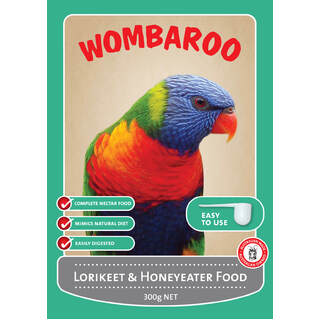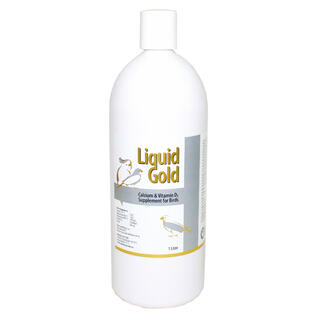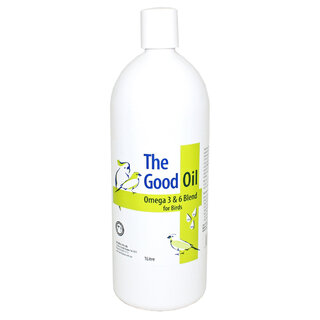Wombaroo Lorikeet & Honeyeater Food
Balanced diet for nectar-eating birds including lorikeets, lories, honeyeaters, wattlebirds, miners, sunbirds and hummingbirds.
About Nectar Diets
In the wild, the main diet of lorikeets and honeyeaters is nectar and pollen from native flowers. Nectar is a liquid solution comprised mostly of the simple sugars glucose, fructose and sucrose. Specialised nectar-feeders have brush-tipped tongues for gathering their food and simple digestive tracts for quick passage of the sugar-rich nectar. The high moisture content of their diet results in “squirty” liquid droppings, which is a normal part of their physiology. Complex carbohydrates such as fibre and starch from cereal grains are not a usual part of the diet, and can act to bind-up the digestive tract.
Birds may also supplement their diet with pollen, fruit and insects, providing essential nutrients such as protein, fat, vitamins and minerals. However, the requirement for many of these nutrients may be significantly lower in nectarivores than for other birds. In captivity care needs to be taken not to over-supplement with excess protein, fat, minerals (e.g. iron) and vitamins A and D3.
Benefits of Lorikeet & Honeyeater Food
- Complete Nectar Food – powder dissolves in water to make a liquid diet.
- Liquid stays in solution – no separation of components.
- Mimics Natural Diet – replicates the consistency and nutrient value of a natural nectar/pollen diet.
- Easily digested – low fibre and starch content.
- Improved health – calorie-controlled feed guidelines, balanced protein content and moderate iron, vitamin A and D3 levels.
Using Lorikeet & Honeyeater Food
- Feed as the maintenance diet for captive lorikeets, lories & honeyeaters.
- To make 100mL of food mix 30g (3 scoops) of powder with 80mL of warm water.
- Store prepared food refrigerated for a day or frozen in ice-cube trays for up to 2 weeks.
- Overfeeding can cause obesity, so use the suggested amounts in the feeding guide.
- Offer fresh water, fruit and blossom daily.
- May be fed as a supplement to wild birds.
Ingredients:
Sucrose, glucose, maltodextrin, whey protein, casein, lysine, methionine, mannan oligosaccharides, β-glucans, vegetable oils, omega-3 and omega-6 fatty acids, taurine, carotenoids, vitamins & minerals.
Analysis: Protein
- 12%
- Fat 5%
- Iron 40 mg/kg
- Vitamin A 3000 IU/kg
- Vitamin D3 700 IU/kg




















